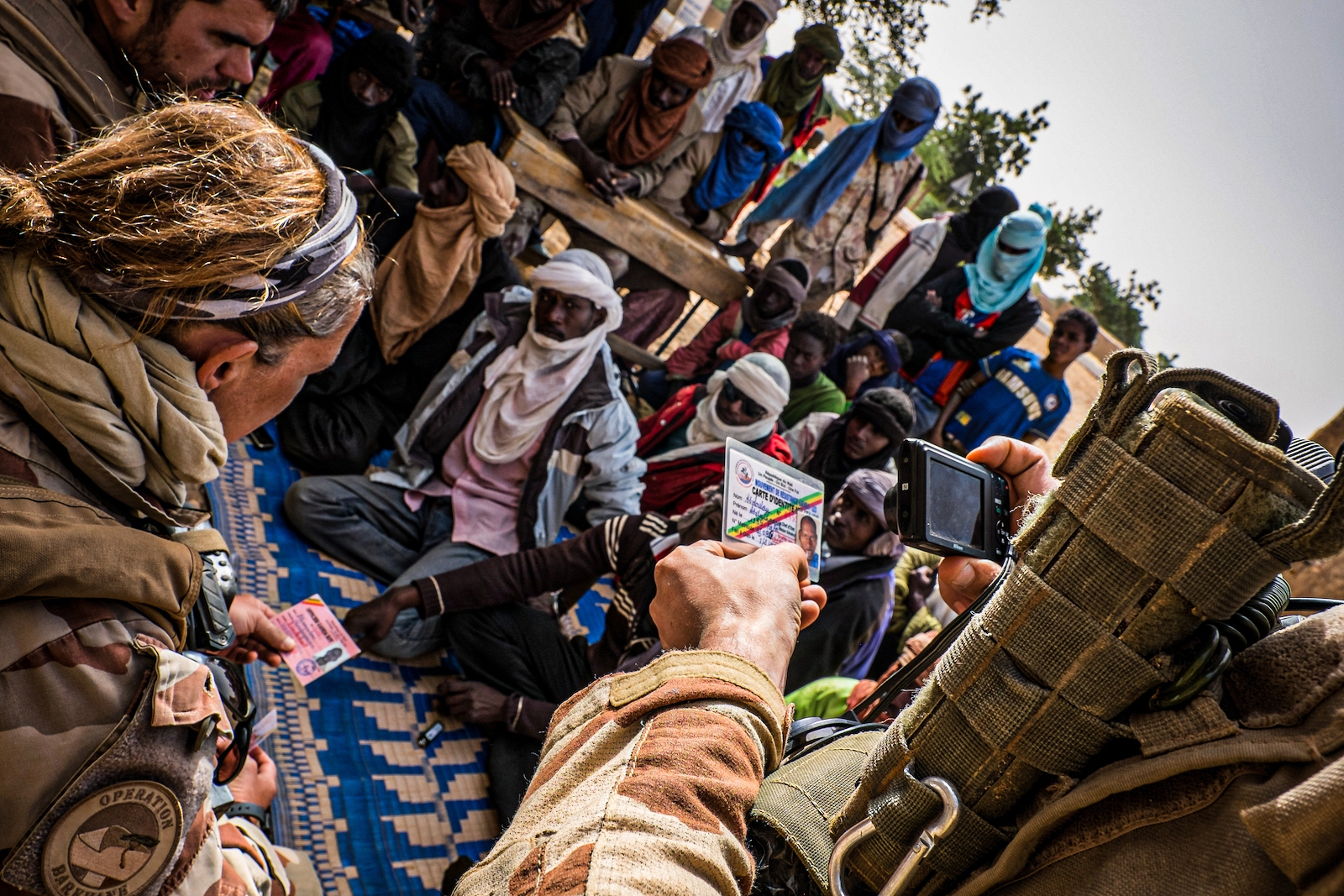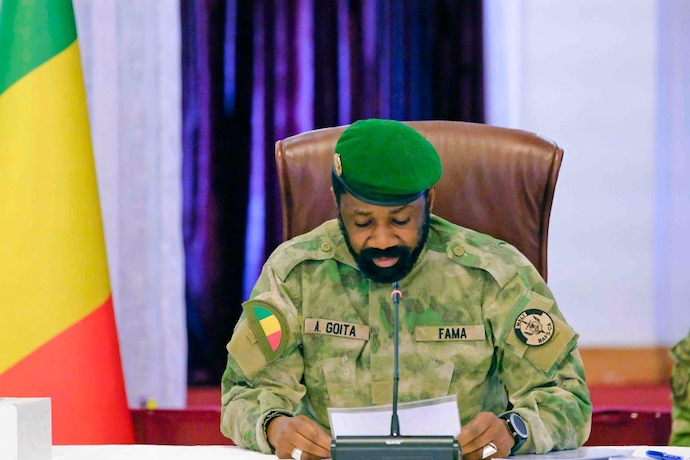
Jihadists Find a Home in Africa’s Sahel
After the collapse of ISIS in Syria and Iraq in late 2017, the epicentre of jihadist conflict shifted to Africa’s Sahel region. The region constitutes a semi-arid belt of land that borders the Sahara in the north and the lusher Sudanian savanna in the south, typically including Mali, Burkina Faso, and Niger as well as areas of Cameroon, the Central African Republic, Chad, Sudan, Eritrea, Mauritania, and Nigeria.
The nexus of the violence has been located in the porous border regions of Mali, Burkina Faso, and Niger, producing 35 percent of global terrorism deaths in 2021 and displacing 2.5 million people in the process. Worryingly, recent violence has threatened to spill over into neighbouring countries in the Gulf of Guinea.
The jihadist groups of the Islamic State in the Greater Sahara and the Al Qaeda-affiliated Jama’at Nasr al-Islam wal Muslimin are active in the region and seek to impose ultra-conservative Islamic governance. In southwestern Niger alone, 530 people were killed by these groups and their affiliates in 2021.

These insurgencies have been helped in their objectives by the succession of numerous coups, such as Assimi Goïta’s overthrow of Ibrahim Boubacar Keïta’s government in Mali, which has diverted focus and resources away from counterinsurgency efforts. Moreover, Sahelian leadership has been consciously reductive towards long-term solutions with Mali withdrawing from the G5 Sahel, a group facilitating security across the region.
Beginning in 2013, a French-led effort largely eliminated northern Mali of jihadist expansion, and French efforts to stabilize the area and prevent future growth continued with Operation Barkhane. As of 2022, France now views the Malian government as an untenable partner in counter-terrorism in the region, with the military junta at the centre of the Malian government keen for French forces to withdraw.
French will for military longevity in the area has been further undermined by anti-French sentiment in the populace, sentiment caused by civilian collateral deaths, whereby a January 2021 airstrike killed 19 civilians at a wedding, as well as underlying unease at French intervention in a former colony which some see as symbolic of arrogant French neo-colonialism. This has led French President Emmanuel Macron committing to withdrawing the bulk of French troops from Mali at a time when militant activity shows no sign of abating.

Even though France is set to maintain a small force of 300 to 400 troops and personnel, it seems likely that a decreased military presence will allow militant activity to consolidate and gain momentum. Moreover, the vacuum of Western influence has now increasingly been replaced with Russian meddling. The Wagner Russian paramilitary group has a presence in the Central African Republic and Sudan, and which has now extended to Mali and the Sahel.
Its presence in Africa has facilitated increased Russian military sales, with Sudan purchasing 80 percent of its weapons from Russia since 2003. Moreover, in both Sudan and the Central African Republic, Wagner Group’s training of military personnel in the respective countries has been rewarded with permission for Russian diamond, gold, and mineral extraction most notably through companies like Lobaye Invest, M Invest, and Meroe Gold.
French failure to provide a long-term solution to the growth of terrorism in the Sahel highlights the weaknesses of foreign forces engaging in militarised counter-insurgency initiatives, much like in Afghanistan. Failing to comprehend populace anger and the attraction of jihad is to not understand the myriad of issues facing the states in the Sahel.
Niger and Mali have some of the world’s highest birth rates resulting in populations that are rapidly outgrowing the capacity of the state to feed. Combined with this, climate change has led to around 0.7 degrees temperature increase since 1960, resulting in the progressive degradation of agricultural land, loss of work, and loss of food. Government responses have been poor, seemingly more interested in utilising the power of the state and the military to embellish their own position of power.
In a country such as Mali, where around two-thirds of people work in agriculture, it is not surprising that disgruntled citizens join organised resistance against the state under the banner of jihad. Indeed, a UN official stated “There is nothing else to do. They need the basics which they cannot access, and the only option is to take up arms and get what they can.”
The failure of the West to approach the security of the Sahel holistically then has allowed for the continuing growth of jihadist organisations and coalitions in the area. Even though the conflict seems highly localized, this may pose national security challenges in the West due to the Sahel’s location on the migratory route to Europe. Western failure has also allowed Russia to strengthen its geopolitical and trade ties in Western Africa.
